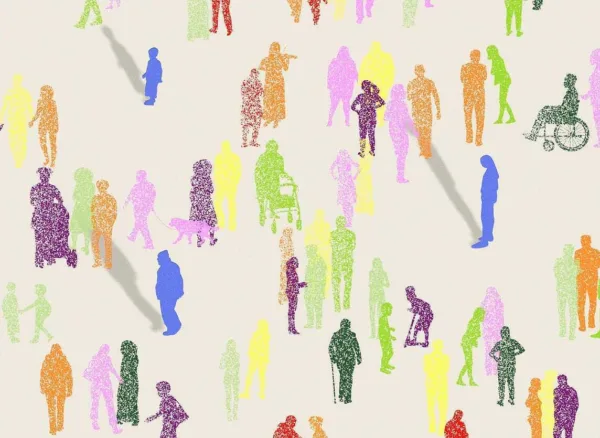Menu

In this Stories of Impact video, economist and former president of the American Enterprise Institute (AEI,) Dr. Arthur C. Brooks, discusses AEI's program on human flourishing. The aim is to understand the cultural underpinnings of free enterprise and entrepreneurship in the United States and beyond.
In the past 50 years, the world's starvation rate has declined by 80% and billions have risen from poverty as a result of the free enterprise system. It’s a fact that came as a revelation to Arthur Brooks and changed the course of his career. Brooks was a classically trained french horn player that returned to the classroom and began to examine our free enterprise economy and the distribution of wealth.
“Capitalism is not just about accumulation, at its best it’s about aspiration,” says Brooks. The growth in our economy does not affect all segments of the population evenly. Brooks would like to change the way we view and administer welfare to those in poverty. He understands that dignity comes from adding to the world and being rewarded for our contributions. A sense of worth for the individual and the momentum that flows from aspiration are key components to saving our country.
Highlights from this installment of our award-winning “Stories of Impact” video series:
Learn more about the TWCF-funded research project related to this episode.
Read the transcript from the full interview conducted by journalist Richard Sergay featuring: Dr. Arthur C. Brooks, Harvard professor, bestselling author, and “How To Build A Life” columnist at The Atlantic. He specializes in using the highest levels of science and philosophy to provide people with actionable strategies to live their best lives.
Templeton World Charity Foundation’s “Stories of Impact” videos by journalist and senior media executive Richard Sergay feature human stories and critical perspectives on breakthroughs about the universe’s big questions.The inspiring narratives and observations in these award-winning videos portray the individual and societal impacts of the projects that bring to life TWCF-supported research.



